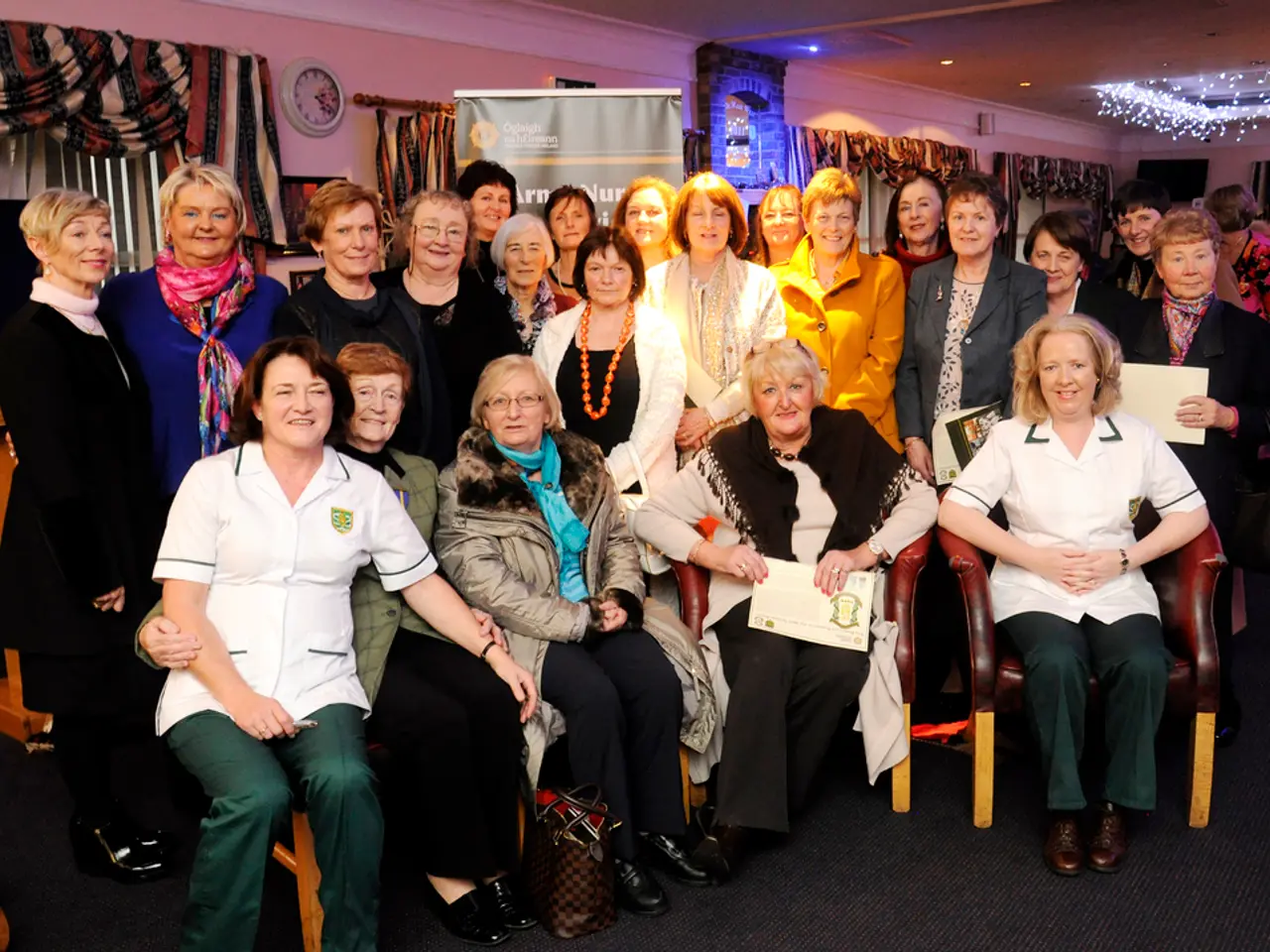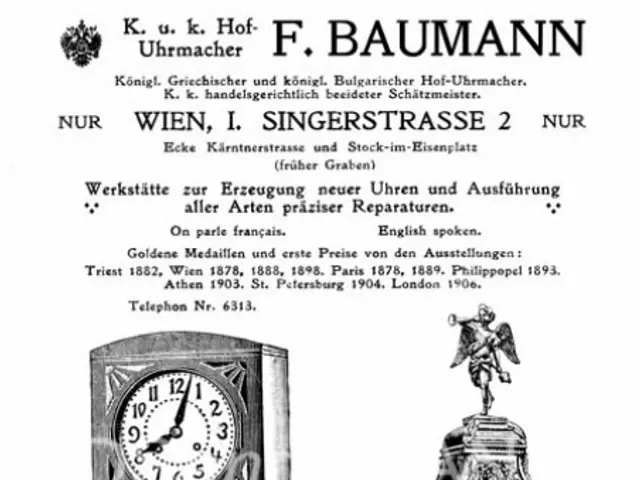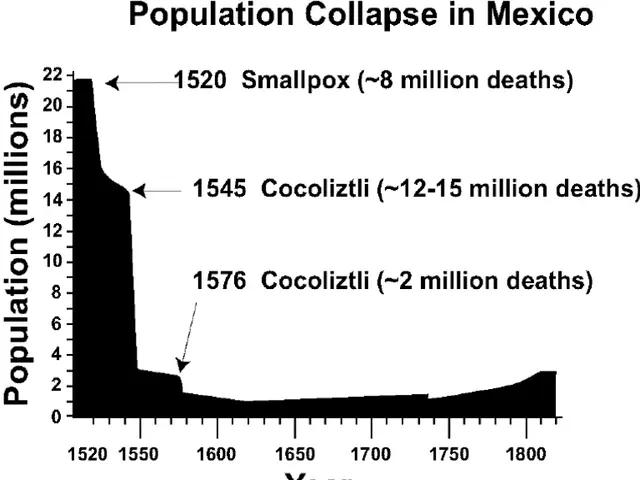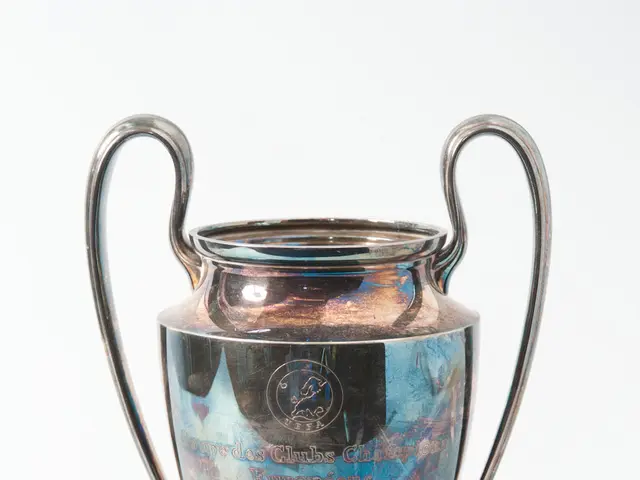Only 18 Muslim Women Elected to Indian Parliament Since 1951
In India's Lok Sabha, only 18 Muslim women have been elected as Members of Parliament since the first general election in 1951-52. Despite comprising 7.1% of the population, their representation has remained low and inconsistent.
Prominent Muslim women MPs include Mohsina Kidwai, Mehbooba Mufti, and current MP Iqra Hasan. They have overcome societal and cultural barriers to serve their constituents selflessly and maintain clean records. Early trailblazers like Mofida Ahmad and Maimoona Sultan entered the Lok Sabha in 1957, enriching India's democratic narrative and setting high standards for public service.
Their exclusion from politics is structural and normalized by societal perceptions. No Muslim woman was elected to the Lok Sabha in five terms, and their representation never exceeded four members in a single term. Notably, no southern state in India has ever elected a Muslim woman MP. However, 13 out of the 18 Muslim women MPs came from dynastic backgrounds, including notable figures like Begum Rokeya Sakhawat Hossain and Begum Rokeya.
The low representation of Muslim women in the Lok Sabha highlights the need for targeted efforts to address structural barriers and societal perceptions. Their contributions as MPs serve as role models for future generations, encouraging greater diversity and inclusion in Indian politics.






